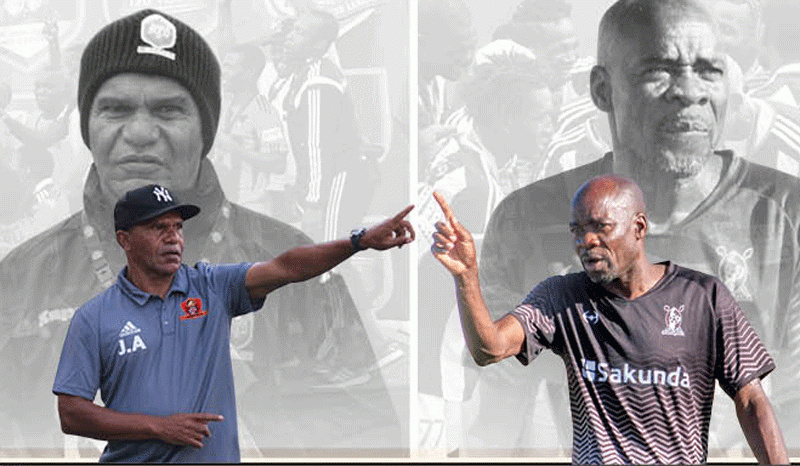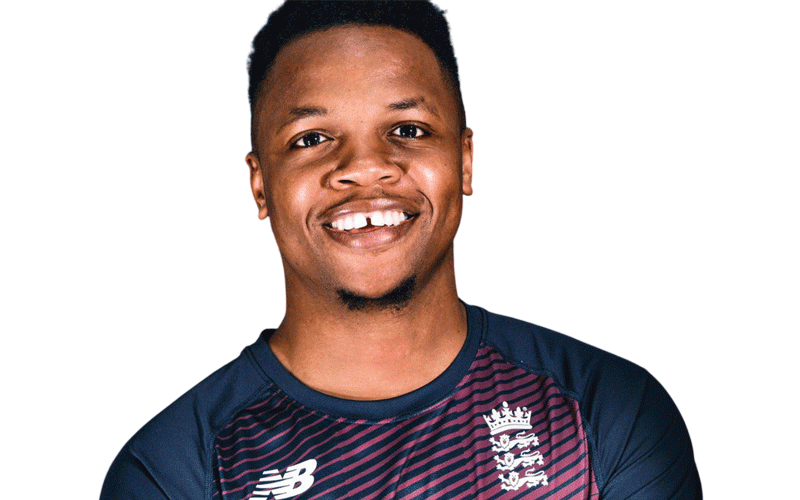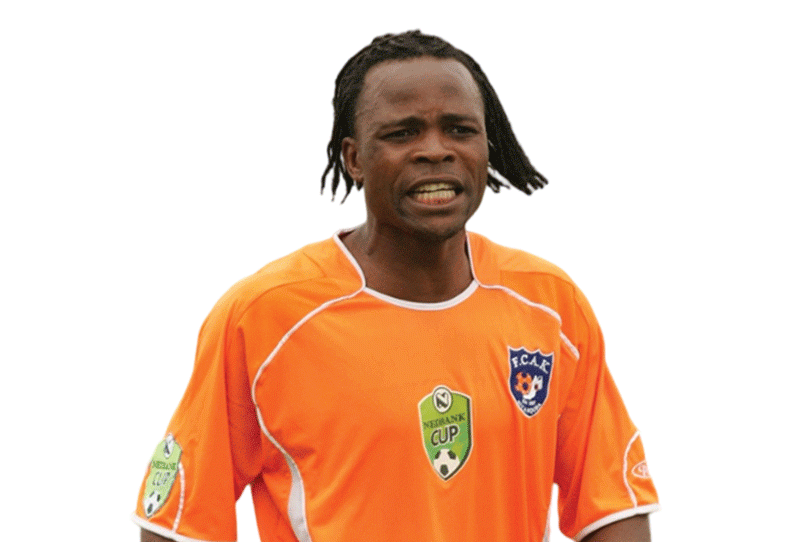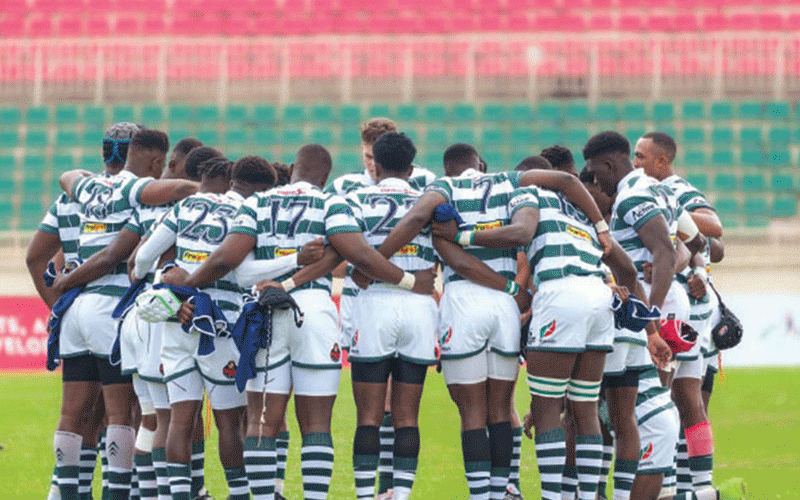
While other sports disciplines are tapping into the developments on the economic front — for example cricket and golf as shown by the well-sponsored domestic Twenty20 and Zimbabwe Open tournaments respectively — the nation eagerly waits to see if its biggest sport, football, will also capitalise.It ought to. But with football’s chequered past, it will take some serious business acumen to make that a possibility. Nigel Munyati is the new man in charge of marketing on the Zifa board, and in an exclusive interview with IndependentSport this week, the marketing and communications expert was under no illusion about the task of turning around the association and the sport in general.“My approach is to work on a strategic marketing plan,” Munyati says. “We need a strategic plan approach. The first thing is image. The image of Zifa right now is very poor. Secondly, and consequently, not much money is going into football. We need to turn around that image. Before we can do that, it is always going to be very difficult to get money, even if the economy is good. No one is going to put money into an organisation like Zifa as it is now. Those corporates have an obligation to their shareholders. No one will put money without assurance that it will reach the intended beneficiaries. We have to clean the house first. We have to run a clean, slick organisation.”While cricket and golf have shown the way in attracting sponsors, circumstances are different, Munyati says. “Golf is pretty much an elite sport. Cricket similarly. The demography is different. In these sports, they tend to be more of events. In football it is different because it’s played the whole season. In football it’s different, despite signs of positive warming up to football.”Aggressive commercialisation and innovation will also be critical in changing attitudes towards football. “Raising sponsorship is not going to be automatic,” Munyati says.“We’ve got to be creative and aggressive. By being creative, I’m talking about designing a product corporates will find worth supporting, the sort of product that will help their business grow. We are doing other creative things as well. We are looking at referees being sponsored by wearing company logos, it will also improve the quality of uniforms worn by referees. They will feel more appreciated. In most instances, the referee is only right when your team is winning.“Speaking of apparel, look at how the Warriors dress. It doesn’t look nice. Apparel is fashion. You have to move with the time. We will be looking at engaging an apparel company that can produce better quality. Imagine if you start to produce really nice Warriors jerseys and sell them at US$20. You only need to sell 50 000 shirts to get a million dollars. This is what I mean by a creative approach to marketing. Zifa does not have a website. In this day and age, that’s unforgivable. We will be looking at other things like pitch-side advertising in the stadiums, billboards and scoreboard advertising.”Munyati points out that once the house is in order, getting sponsorship on football’s side will not be difficult as companies generally appreciate that the majority of their customers are from the football-supporting background. “The situation we have now is not healthy,” he says.“We have a situation where corporates get their money from the mass market, yet they put their money into a niche other than the mass market. They don’t put their money into people who strengthen their brand financially. It short-changes that market. I’m not blaming the companies. It’s not their fault. It’s us as football who have failed to deliver a concept companies will find worth supporting.”On the positive side of things, Munyati says the new administration has been lent a sympathetic ear by the business community. “Ja, it’s been positive. We’ve been talking to some potential sponsors and they have been listening to us. If they were not interested they would have told us to get lost immediately.“Football is able to get sponsorship. A good example is Dynamos and Highlanders, who got a substantial amount of sponsorship from one company (Savanna Tobacco). It’s a good indication. It’s a good lead. We need others to follow that lead.”Munyati revealed Zifa’s budget for the year, which he put at US$2 million. “Of that proportion we will get a quarter from Fifa as grant, but it’s targeted at specific projects. Because of the problems prevailing, that budget had not been managed well. You will find that some Fifa projects have not been executed.”But in this economy, where is $2 million going to come from?Munyati’s response is unequivocal: “If Savanna can spend half a million dollars on two teams, surely we can have others raising money for a national effort.”Discussing operations of Zifa will not be complete without mention of the often controversial secretariat, led by chief executive Henrieta Rushwaya. Pressure has been brought to bear on the new board to crack the whip on her. “Well, when a new board takes over, one of its main tasks is to review the executive, to see if the executive is satisfying requirements of its terms of reference. Are they meeting the deliverables? “Are their terms of references clearly defined? I am one person who believes in going with an open mind. I’m not going to colour my perception. “If there has been deliberate abuse of power, then let the law take its course. Beyond that I will take an objective and fair assessment. If you become judgmental, you become part of the problem. We will give people time to justify their presence.”
Enock Muchinjo











